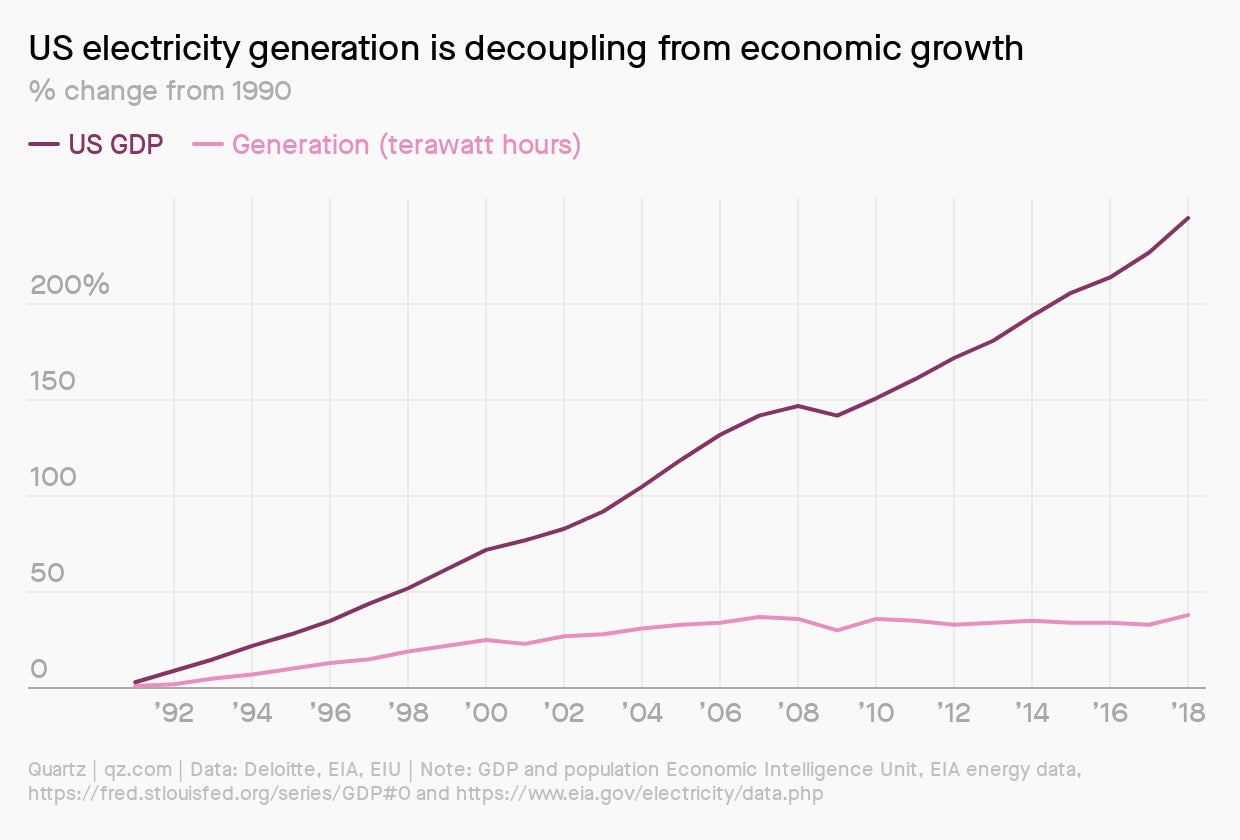Man City decision, EU on China, human foosball
Good morning, Quartz readers!

Good morning, Quartz readers!
Here’s what you need to know
EU foreign ministers meet. Germany’s Heiko Maas will propose actions in response to Beijing’s imposition of a national security law in Hong Kong, and urge the bloc to take a unified stance on China’s crackdown. Ministers will also discuss relations with Turkey, with Greece recommending sanctions against Ankara for its drilling in Cyprus.
The US and Europe discuss China. US national security adviser Robert O’Brien and his deputy Matt Pottinger arrive in Paris for a three-day trip to discuss China and other issues with counterparts from the UK, France, Germany, and Italy. Meanwhile, Trump administration officials are expected to discuss sanctions on Beijing over Hong Kong early this week and may make announcements.
Manchester City learns its fate. A court will announce its verdict on the club’s appeals against its charges of violating the European soccer association’s financial regulations. The club could potentially be barred from European competitions until the 2022-2023 season.
Poland’s Andrzej Duda has a slim lead. The latest poll numbers from yesterday’s presidential election show the incumbent leading liberal challenger Rafał Trzaskowski by just 2%. A victory for Duda will see the ruling Law and Justice party extend its hold on power for several more years. Separately, over 4 million voters in Spain’s Basque Country and Galicia took part in regional elections.
A huge turnout for Hong Kong’s first opposition primaries. Despite government threats that the elections could be illegal, and a police raid on the offices of a pollster, over 600,000 people cast their votes over the weekend—more than three times the expected turnout. The polls aim to consolidate support for the strongest candidates ahead of September’s legislative elections, and are also a protest against the national security law.
What to watch for
Tuesday: The UK is expected to set a deadline of 2025 for removing Chinese tech giant Huawei’s 5G technology from the country’s telecoms networks. Meanwhile, Mary Trump, the niece of US president Donald Trump, will publish her tell-all book.
Wednesday: The India-EU summit will focus on shoring up multilateralism amid an increasingly assertive China and the retreat of the US from the global stage.
Thursday: The EU’s top court will rule on data transfer regulations, potentially enforcing more restrictions on US tech companies’ abilities to import data from the EU in a bid to better protect Europeans’ privacy. Separately, Serbia and Kosovo are set to resume their normalization talks in Brussels.
Friday: At a special EU summit, leaders hope to come to an agreement on a bloc-wide post-pandemic recovery plan worth €750 billion ($851 billion).
Saturday: G20 finance ministers and central bankers gather for a meeting, with the EU expected to push the group of 20 rich nations to cooperate better on monetary and fiscal responses to the economic crisis.
Charting the US economy’s decoupling from electricity generation
The US is doing the most with less energy. For most of the 20th century, there was a strong correlation between a country’s economic growth and its energy demands. But in the last two decades, GDP has more than doubled in the US while electricity generation has barely budged, rising 40% since 1990.

For members: How to build an anti-racist company
What does it mean to be an anti-racist company? As Black Lives Matter protests prompt organizations around the world to rethink the way they do business, our latest field guide offers ideas for how to combat injustice—from learning from the experiences of post-apartheid South Africa to running meetings like a TV writers’ room.
Fractured Atlas, a New York City-based nonprofit with roughly 30 employees that helps artists access funding, has a number of unique practices in place to create an anti-racist work culture. They include:
- Race-based discussion groups meant to address issues tied to oppression and equality.
- An entirely remote workforce, which has significantly widened their candidate pool.
- Altering the reimbursement policy so that everyone has access to a corporate card.
- Nixing education requirements on job postings.
- Listing the same job posting under two different levels of seniority.
- Ditching the practice of starting interviews with questions like, “Tell us about a time when.”
✦Read more about organizations trying to create an environment where people can learn from one another about the ways in which racism shapes society, in our field guide to creating an anti-racist company. Get started with a seven-day free trial.✦
Surprising discoveries
Bison are back. For the first time in 6,000 years, bison will soon roam free in the UK, as part of a program to reintroduce the animals and protect the endangered species’ future.
A vintage Super Mario Bros. game sold for $114,000. The price paid for a 1985 version of the pioneering game broke the previous record of $100,150.
Argentines devised a game of human foosball. The field is divided into rectangular zones and players restricted to their boxes as a way to enforce social distancing while enjoying the beautiful game.
A Moscow city contract was written in disappearing ink. The ploy may have allowed a company to inflate the price it charged to replace an elevator in an apartment building.
Tomato plants talk. Scientists observed electrical signaling carried through fungal networks in the soil, but what the plants are saying is still a mystery.
Our best wishes for a productive day. Please send any news, comments, disappearing numbers, and chatty tomato plants to [email protected]. Get the most out of Quartz by downloading our app on iOS or Android and becoming a member. Today’s Daily Brief was brought to you by Mary Hui, Isabella Steger, Michael Coren, Jackie Bischof and Yinka Adegoke.